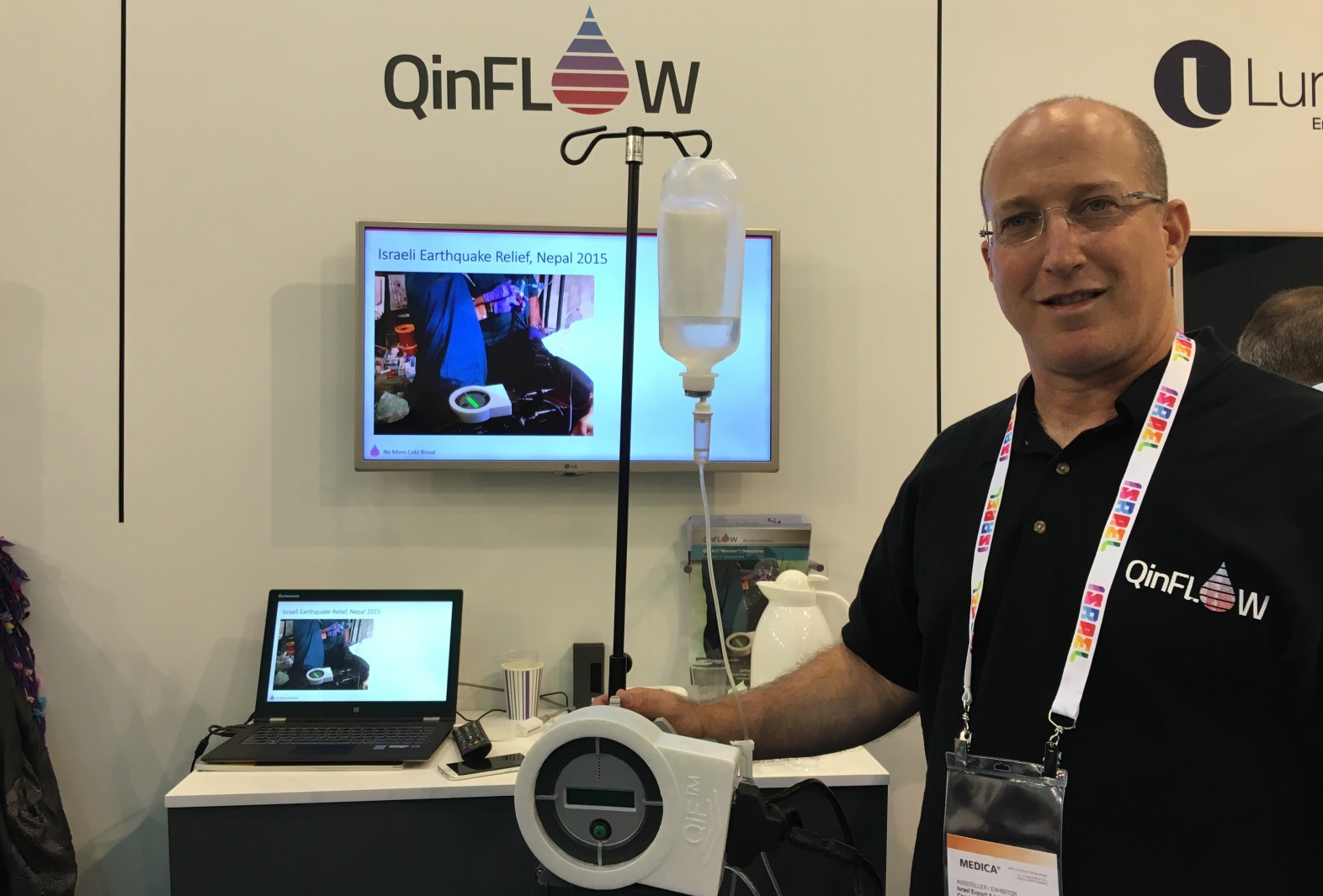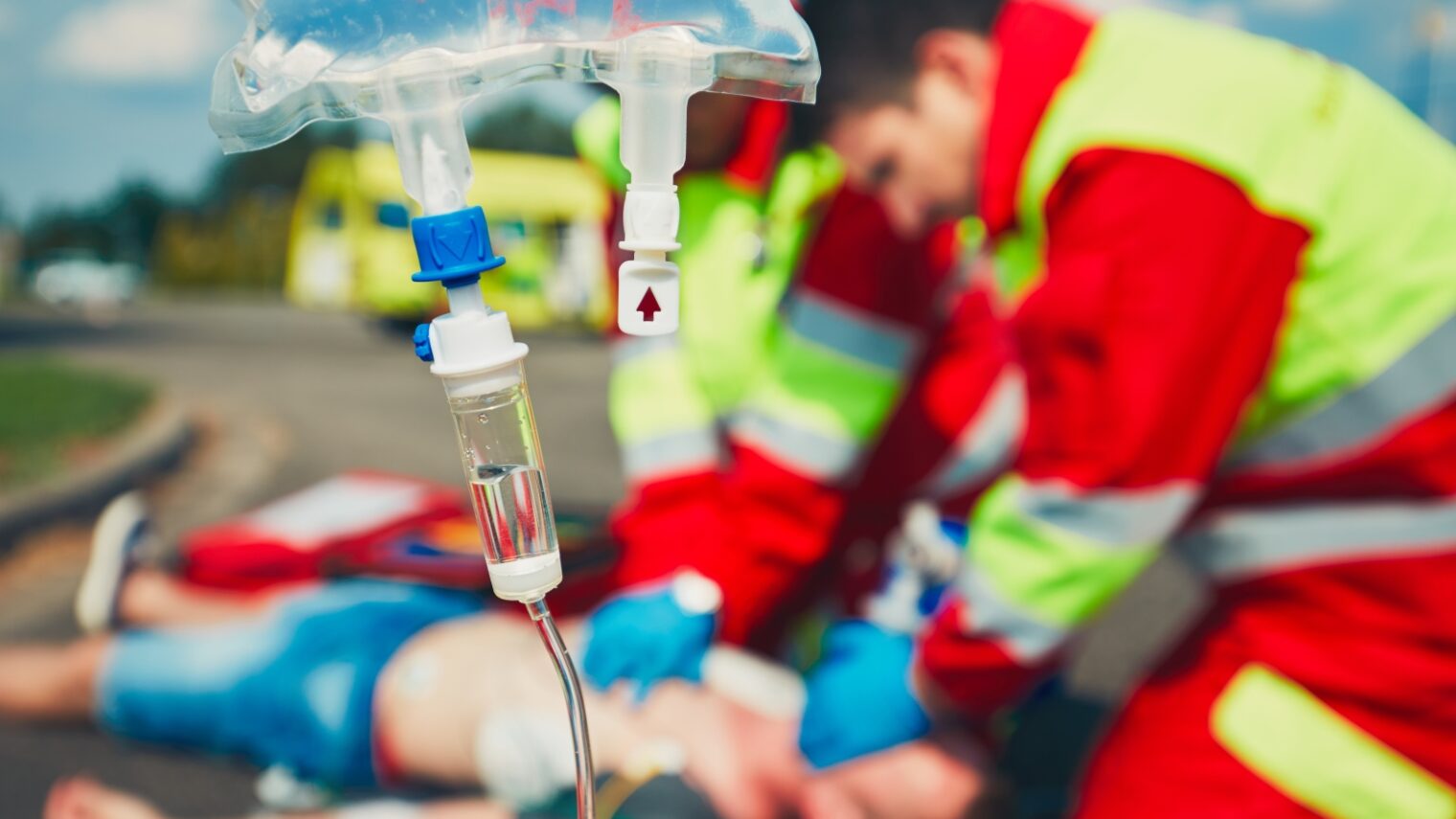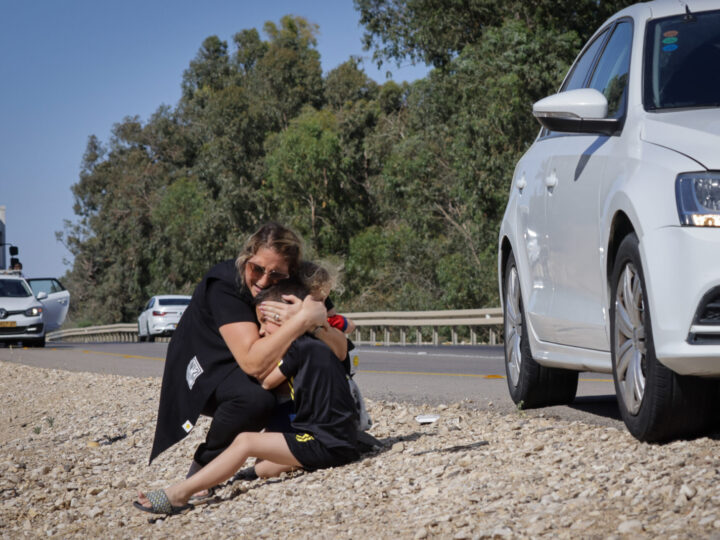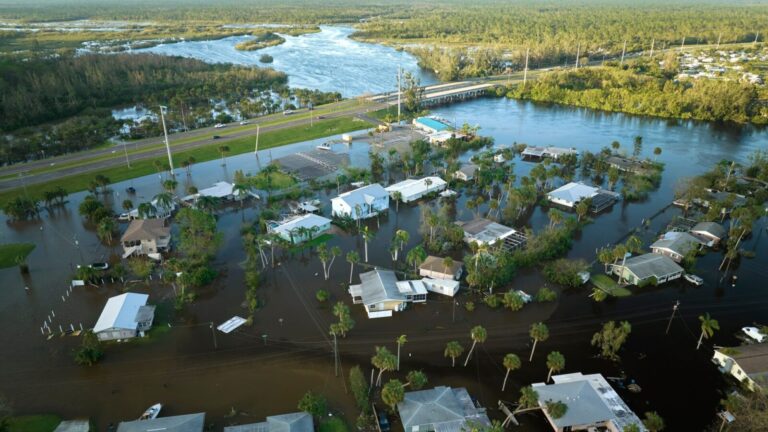After years of carrying 26-pound batteries on their backs to power blood-warming equipment for injured soldiers, two Israel Defense Forces paramedics independently vowed to invent a better solution.
They happened to meet eight years ago and began collaborating on a technological breakthrough for utmost efficiency in warming blood and IV fluids, according to Ariel Katz, executive director for commercial affairs at QinFlow, short for Quality in Flow, the company the partners established in 2008.
Temperature management is a key component in saving victims of trauma, Katz explains.
Life-threatening hypothermia — when body temperature drops below 35 degrees Celsius (95 degrees Fahrenheit) — occurs in up to 67 percent of trauma patients because of the loss of blood, regardless of outdoor temperature. It must be treated quickly with fluids warmed to body temperature. However, blood is commonly stored at 4C (40F).
QinFlow’s Warrior Modular System was introduced in early 2014 as the only portable solution for warming fluids from near-zero Celsius (about 32F) in extreme conditions to body temperature within 11 seconds, at any flow rate. The system is said to deliver three to five times the amount of warmed fluids per single battery than any alternative device.
The Israel Export Institute and International Cooperation Institute included QinFlow among 60 of Israel’s best medical devices and healthcare IT technologies to display at the international Medica Conference in Dusseldorf in November 2016.

Also capable of operating on AC power, the Warrior is uniquely lightweight, maintenance-free and designed to go from point of injury to emergency room to trauma unit to operating room to intensive care unit.
That’s why not only search-and-rescue and transport units are buying this Israeli device, but also many hospitals eager to provide a continuum of care.
The Warrior is available through distributors across most of Europe. And after getting US Food and Drug Administration (FDA) approval in the fall of 2016, the company is fulfilling requests for evaluation units at 15 level-one trauma centers, EMS and helicopter EMS organizations, and the US military.
Portable solution
“In an environment where every second counts, a product that is operated with just one on/off button, warms fluids in seconds, and doesn’t need calibration or intense training, spare parts or maintenance, and still delivers very high performance is something that emergency-care professionals appreciate very much,” Katz tells ISRAEL21c.
Dr. Danny Epstein, an internal medicine physician at Rambam Health Care Campus in Haifa, used the Warrior in his work at the IDF field hospital set up in Nepal following the 2015 earthquake.
“All trauma patients who lose a lot of blood become hypothermic and when that happens it harms the coagulation process and they bleed more and become more hypothermic. It’s a vicious cycle,” Epstein tells ISRAEL21c.
“The temperature of the fluids and blood products is therefore very important. In the pre-hospital scenario only a few devices can warm fluids and blood but as far as I know this is the only one that can warm cold blood in a few seconds, so it gives a great advantage,” Epstein says. “It’s very simple to use, and can be transported in the ambulance or helicopter.”
Katz adds that existing prehospital blood and IV fluid warmers have difficulty performing in temperatures below 20C/68F, especially at intense flow-rate requirements.
Hospital devices for warming fluids are often complex to set up, require up to seven minutes of warmup, and aren’t portable enough to follow the patient from one hospital emergency setting to another.
“These shortfalls have lethal implications for trauma patients,” says CEO Dov Nachshon, noting that the compact Warrior can be mounted on a pole, rail or stretcher.
“Even though they have other solutions available, hospitals prefer to use our system for its immediacy, simplicity and portability,” Nachshon says.
QinFlow is based on Kibbutz Einat and the units are manufactured partly on the kibbutz and partly by a subcontractor in northern Israel.
The company’s advisory board includes Dr. Eilat Shinar, director of National Blood Services for Magen David Adom (Israel’s national emergency response network); Dr. Uri Martinowitz, director of the National Hemophilia Center at Sheba Medical Center, Israel; and three retired US army colonels who are trauma specialist physicians.
For more information, click here.

















